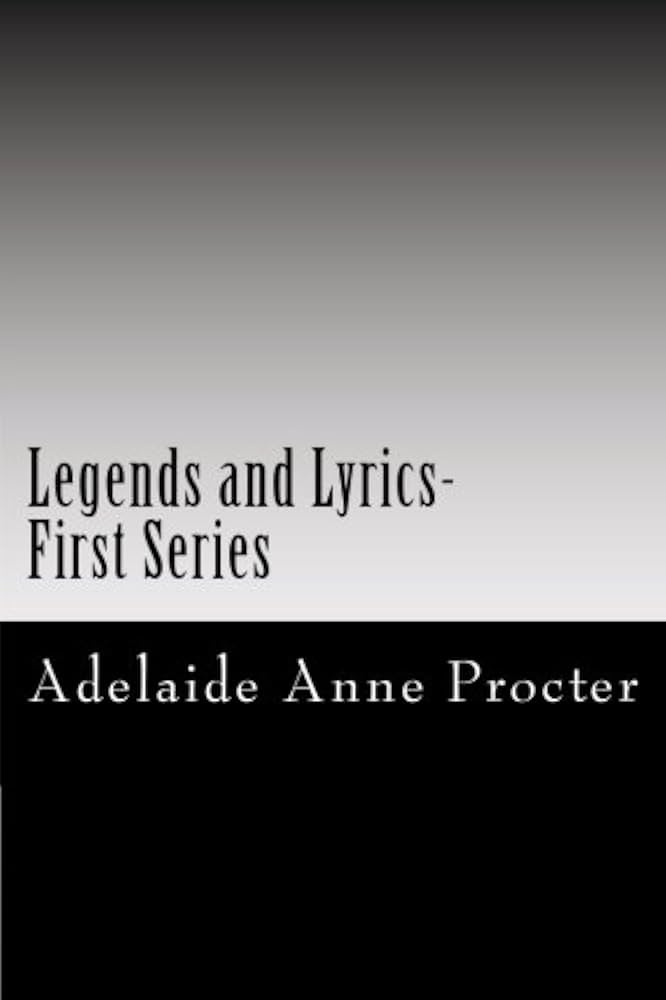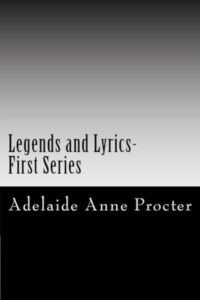Part II — Legends and lyrics — First Series
byPart II unfolds with quiet tension, not through dramatic declarations but through imagined heartbreaks and emotional erosion. It explores how even love, though often promised to last forever, might not withstand the long test of time. The speaker does not accuse or blame but instead wonders, with aching honesty, what it might feel like to wake up one day and find that the closeness once shared has faded. Not into hatred—but into distance. That gentle shift, the one so hard to name yet impossible to ignore, becomes the emotional thread pulling through these verses. A future where affection remains in memory but no longer in the present terrifies more than death. The poem becomes less about grief over what is and more about fearing what might be. That’s what makes it so haunting—it’s not heartbreak experienced, but anticipated.
In envisioning the slow loss of intimacy, the speaker invites the reader to consider how absence isn’t always loud. Sometimes, it’s found in a glance that lingers too short, in a hand that no longer reaches back, in silence between words that used to flow freely. The worst pain imagined isn’t betrayal, but indifference—the idea that someone who once breathed your name like prayer could one day forget the weight it held. That type of change feels cruel not because it’s dramatic, but because it’s quiet and inevitable. And in trying to prepare for it, the speaker imagines crafting a hardened self—one who wears pride like armor, who laughs off the love that once defined them. But even this pretense feels hollow. The poem knows that such defenses never last when love has truly taken root.
That imagined future, where love dies quietly while the world carries on, is heavy with emotional truth. To be the one who still loves when the other has let go feels like standing in sunlight that refuses to warm. The speaker envisions trying to find purpose again, clinging to virtue and meaning, but finds those words—truth, honor, life—suddenly feel like lies. When love falters, it casts doubt not just on the partner, but on the fabric of everything once believed. How can anything be trusted if even love, the most sacred of bonds, proves untrue? This isn’t the mourning of a lost person—it’s the unraveling of meaning itself. The betrayal, though only imagined, poisons the clarity once held.
And yet, amid this flood of sorrow and imagined despair, the poem offers a moment of light. Not through a grand apology or passionate embrace, but through something quieter—a smile. That smile, small and soft, pulls the speaker from the edge. It doesn’t undo the fear, but it soothes it. It reminds them that while the future is unknown, the present still holds love. This moment matters because it doesn’t erase doubt; it coexists with it. And that is what makes it feel real. Love, like anything valuable, is uncertain. But even uncertainty can be beautiful when it is shared and understood.
For the reader, this reflection becomes more than poetic sorrow—it feels familiar. Many have wondered if their love will last, if it will still be chosen when life becomes mundane or difficult. This piece gives those questions a voice. It doesn’t answer them with certainty but with grace. Love’s endurance isn’t guaranteed, but it is renewed every day in small gestures—like a smile, a word, a touch. And even the fear of losing it reminds us of its worth. Because only something deeply loved can be so deeply feared to be lost.
Ultimately, Part II doesn’t seek to resolve the fear of fading love. Instead, it honors it. It says: yes, this too is part of love—the worry, the doubt, the imagining of an end. But within that space, love also proves its resilience. Not by avoiding pain, but by existing through it. By staying even when the questions are many and the answers are few. That’s what makes it more than affection. That’s what makes it devotion.


